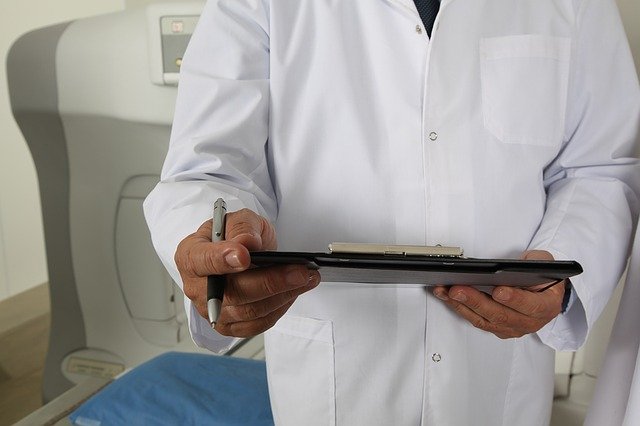If you or your loved one is in the process of finding treatment for drug or alcohol addiction, inpatient treatment in an accredited facility is an option to seriously consider.
This is because there are several benefits for an inpatient treatment for addiction rehab that help participants physically, emotionally, and psychologically. Here are 5 significant benefits
You will have structure
First of all, all inpatient rehab facilities provide daily and weekly structures that you may find difficult to maintain in a home setting. The daily routine takes into account every waking moment with no idle time. This approach is critical for addiction treatment because it not only prevents the addict from figuring out how to get find a way to get the drug they want but also because their mind doesn’t have time to think or crave about the drugs they are trying to get away from.
You get support and supervision around the clock

Addicts attending an inpatient rehab will have professional support available 24 hours a day, 7 days a week. In early recovery this can make all the difference; most relapses happen early during recovery.
Constant support and supervision is also important because almost all patients experience withdrawal, including mental withdrawal. This could even create dangerous and life-threatening situations. Mental withdrawal can last for months. So the medical supervision and counseling at an inpatient rehab can provide much needed emotional support which is critical.
No Negative Influences or access to drugs and alcohol
Inpatient drug rehabs often limit phone calls and do not allow, or closely monitor, any visitors. This will avoid the temptation to contact someone outside the rehab to try and smuggle the substances. It would also prevent negative influences that a person outside the rehab may have on the addict.
You will have many therapy options
Most inpatient drug rehabs offer various alternative therapy options that will help people throughout recovery. Examples include exercise, yoga, meditation, Pilates, Tai Chi, Pilates, massage, etc. These are all excellent options to reduce stress, improve mental concentration, and the overall physical and psychological wellbeing of a person. During early recovery, this can make all the difference.
You get help after discharge
Support after you get out of the supervised environment is critical for the recovery journey. Inpatient rehabs will provide help and support for a significant amount of time even after their patient leaves the facility. The recovering addict will have access to several tools to help anytime they have cravings or are at risk for relapsing. While still in the facility, counselors in the rehab centre will teach how to effectively use the tools at anytime, anywhere. Using the tools can potentially save a person’s life.
Overall, inpatient drug rehabs offer clear benefits that will no doubt help anyone who decides to overcome a drug or alcohol addiction.
